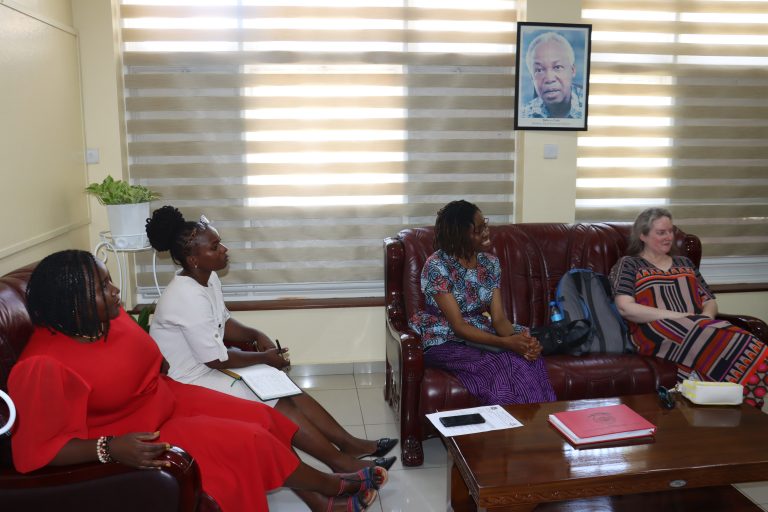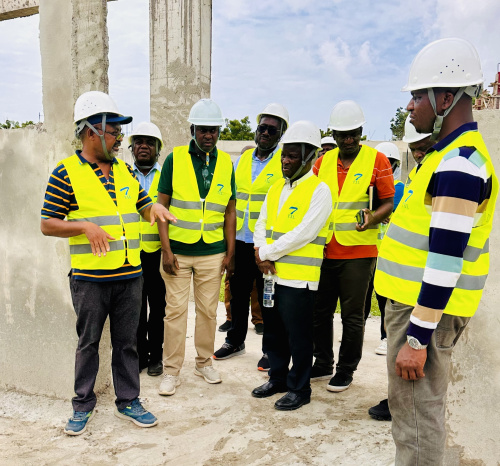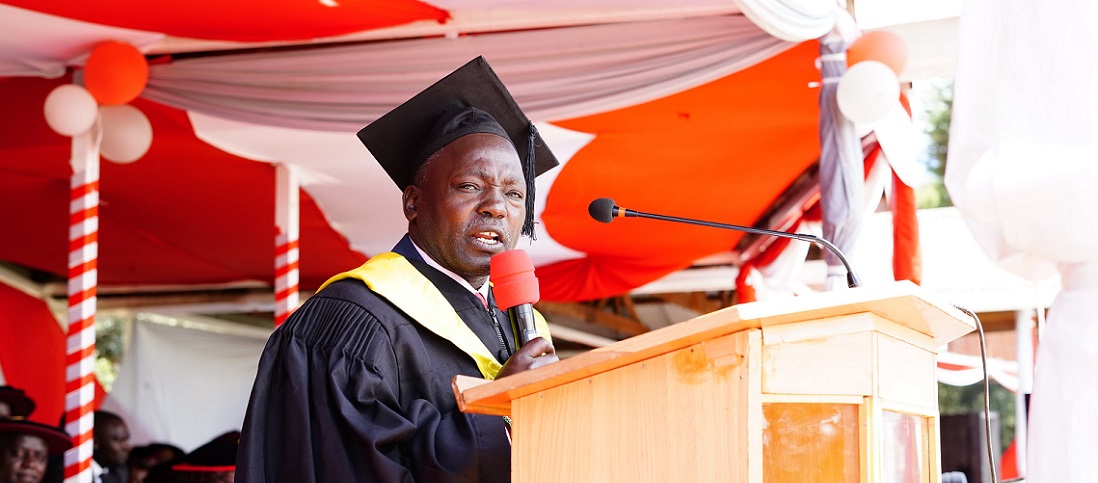In a significant milestone for sexual and reproductive health (SRH) initiatives in Tanzania, Muhimbili University of Health and Allied Sciences (MUHAS) has entered into a pivotal partnership with the University of Minnesota (UMN).
This collaboration, which was formalized on 20th February 2025, marks the commencement of a five-year project focused on training healthcare professionals to address the healthcare needs of women affected by Female Genital Mutilation (FGM) in Tanzania.
This project is expected to be a game-changer in the field of SRH in Tanzania, as it seeks to enhance the quality of care provided to women who have experienced FGM while simultaneously contributing to a broader understanding of sexual and reproductive health issues within the country.
A Groundbreaking Collaboration: MUHAS and UMN
The meeting that launched the project was held at the Vice Chancellor’s Office at MUHAS, with key figures such as Prof. Bruno Sunguya, the Acting Vice Chancellor of MUHAS, Prof. Jennifer Connor from the Institute for Sexual and Gender Health at UMN, and Dr. Agness Massae from the School of Nursing at MUHAS in attendance.
Both Professor Sunguya and Professor Connor emphasized the importance of addressing the healthcare needs of women affected by FGM and highlighted the role this training initiative will play in equipping healthcare professionals with the necessary skills and knowledge.
This collaboration brings together MUHAS’s extensive experience in healthcare and training with UMN’s expertise in sexual and gender health, making this partnership crucial for the health landscape in Tanzania.
The Project’s Core Focus
The five-year project is focused on developing comprehensive training materials that will address the specific needs of healthcare providers in Tanzania, particularly in relation to the care and treatment of women who have undergone FGM. The goal is to enhance the curriculum development, implementation, and evaluation of SRH education programs aimed at improving healthcare services for women affected by FGM.
This collaboration is not only a response to the immediate needs of Tanzanian women but also a proactive step toward improving healthcare systems for vulnerable populations in the region. It is expected to have long-term positive effects on the healthcare workforce’s preparedness to address the unique challenges faced by these women.
A Legacy of Collaboration
MUHAS and the University of Minnesota have been partners for nearly eight years, with a strong track record of working together on four previous projects focused on sexual and reproductive health. FGM has been a recurring issue throughout these projects, and this new initiative builds on this shared history of addressing gender-based health concerns.
This longstanding collaboration has already laid the foundation for mutual learning and the sharing of best practices, and this new project will further deepen the impact that both institutions have in shaping the future of SRH education and training in Tanzania.
Addressing the Gaps in FGM Care
FGM is a significant public health issue that affects thousands of girls and women in Tanzania, with devastating physical, emotional, and psychological consequences. This new project aims to not only educate healthcare professionals but also to redefine the care pathways for women who have undergone FGM.
By developing targeted training materials, MUHAS and UMN aim to ensure that healthcare professionals in Tanzania are better equipped to handle the specific needs of these women, offering compassionate care, medical intervention, and psychosocial support.
In particular, the pilot training program that will be conducted at MUHAS will serve as a testing ground for these new materials. This pilot initiative is designed to fine-tune the curriculum and assess its effectiveness in preparing healthcare providers to offer better services to women affected by FGM.
MUHAS Leadership’s Support
During the meeting, Prof. Bruno Sunguya, the Acting Vice Chancellor of MUHAS, expressed his deep appreciation for the project and congratulated the team for their ongoing efforts.
He emphasized the need for teamwork and innovation, urging the team to continue pushing the boundaries of knowledge and sharing their findings with the wider community. He also reassured the team that MUHAS management would provide full support to ensure the project’s success.
This encouragement and commitment to supporting the initiative reflect MUHAS’s strong leadership and its dedication to advancing sexual and reproductive health research and education in Tanzania.
International Collaboration for Global Impact
The presence of Prof. Crista Agbakwu from UMass Chan Medical School further underscores the international nature of this collaboration.
The involvement of key international experts strengthens the global significance of the project, ensuring that the knowledge and resources garnered will be beneficial not only to Tanzania but also to sub-Saharan Africa at large.
The global partnership between MUHAS and UMN highlights the increasing importance of international collaboration in tackling some of the most pressing healthcare challenges, particularly those that disproportionately affect women and girls.
Looking Ahead: A Bright Future for SRH in Tanzania
As the project unfolds, MUHAS and UMN will continue to engage in close collaboration to address the training needs of healthcare professionals and improve the standard of care for women affected by FGM.
This partnership is poised to contribute significantly to the transformation of healthcare education and health systems in Tanzania, setting the stage for a future where women’s sexual and reproductive health needs are met with dignity and expertise.
By focusing on curriculum development, training, and evaluation, this initiative will empower healthcare professionals to make a tangible difference in the lives of women across Tanzania.
Through sustained efforts, MUHAS and the University of Minnesota will play a key role in shaping the healthcare landscape for generations to come.
Related articles
- Top Colleges in Tanzania Set Unparalleled Academic Standards Today
- Top 10 Best Colleges in South Africa Offering World-Class Education
- Top10 Most Expensive Private Schools in South Africa: The Cost of Elite Education
- Discover South Africa’s Top 10 Most Expensive Colleges Today
- 10 South Africa’s Premier Universities Set Unrivaled Academic Excellence Standards



